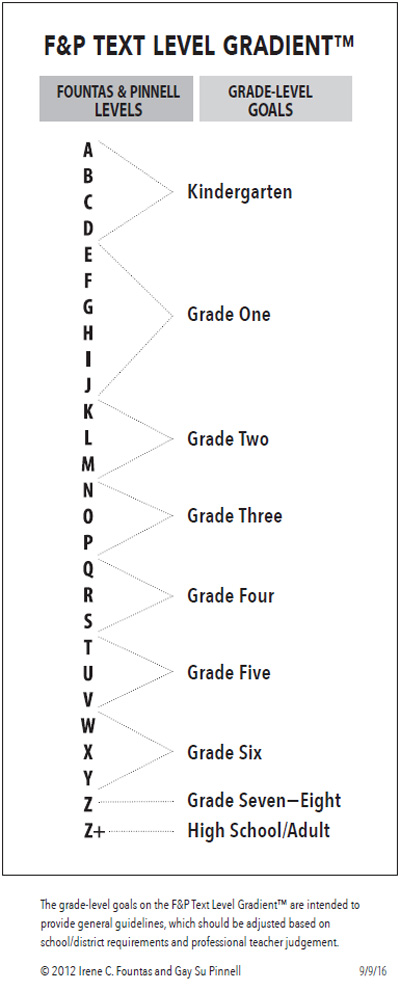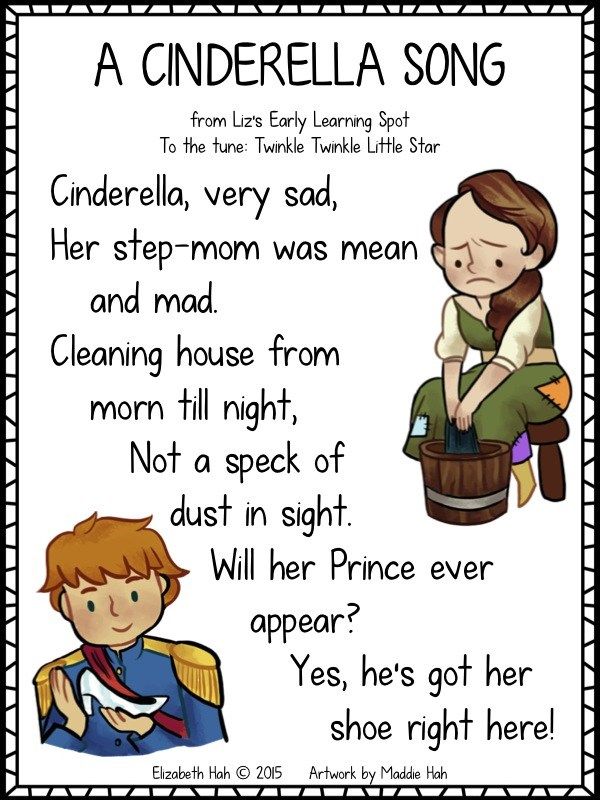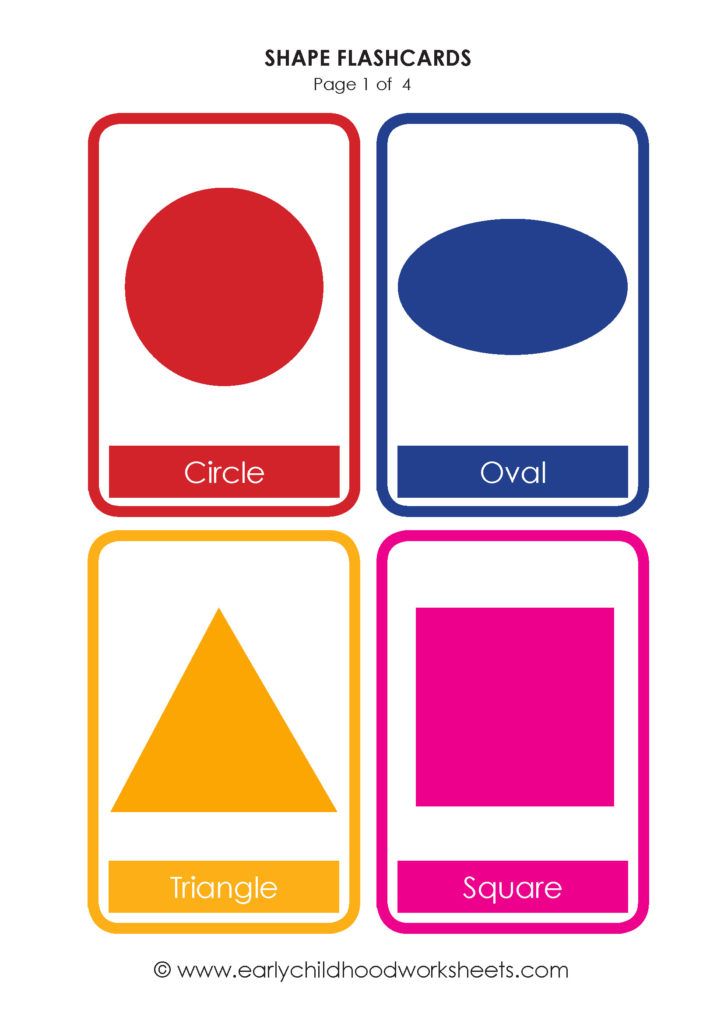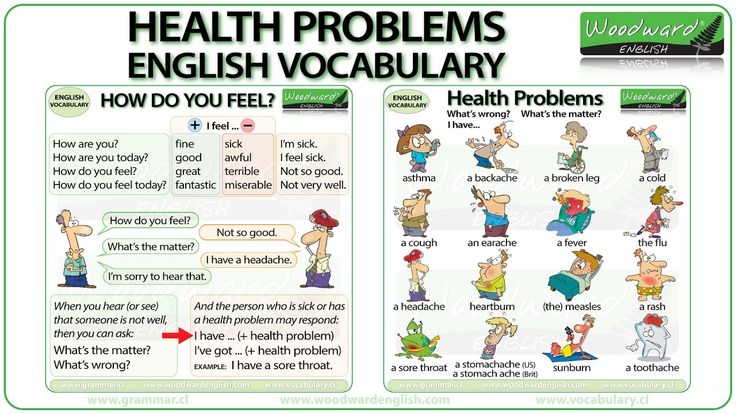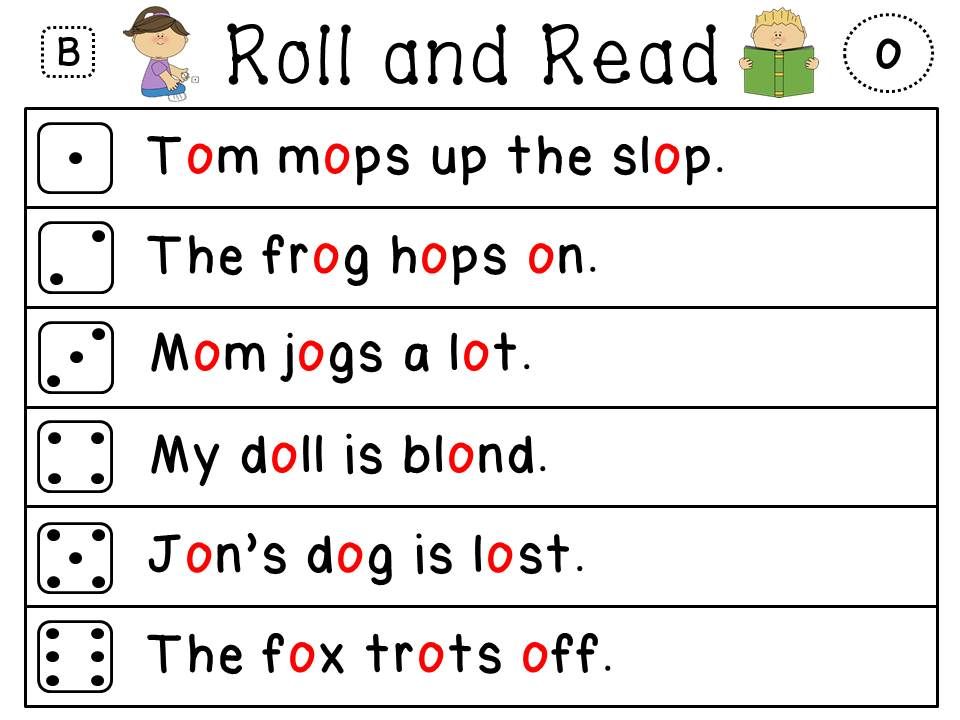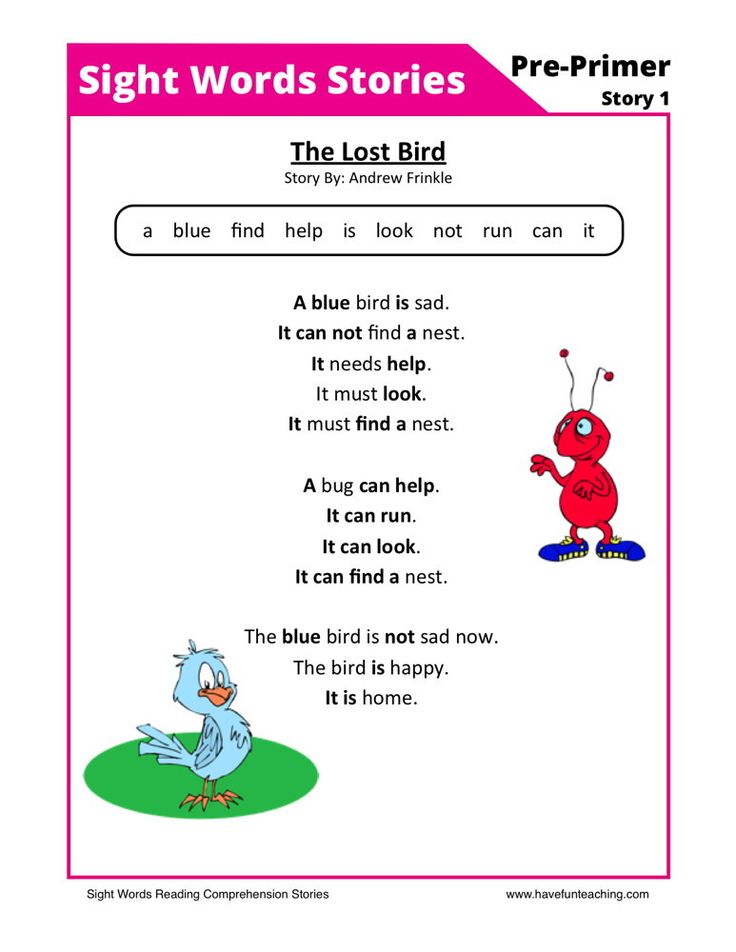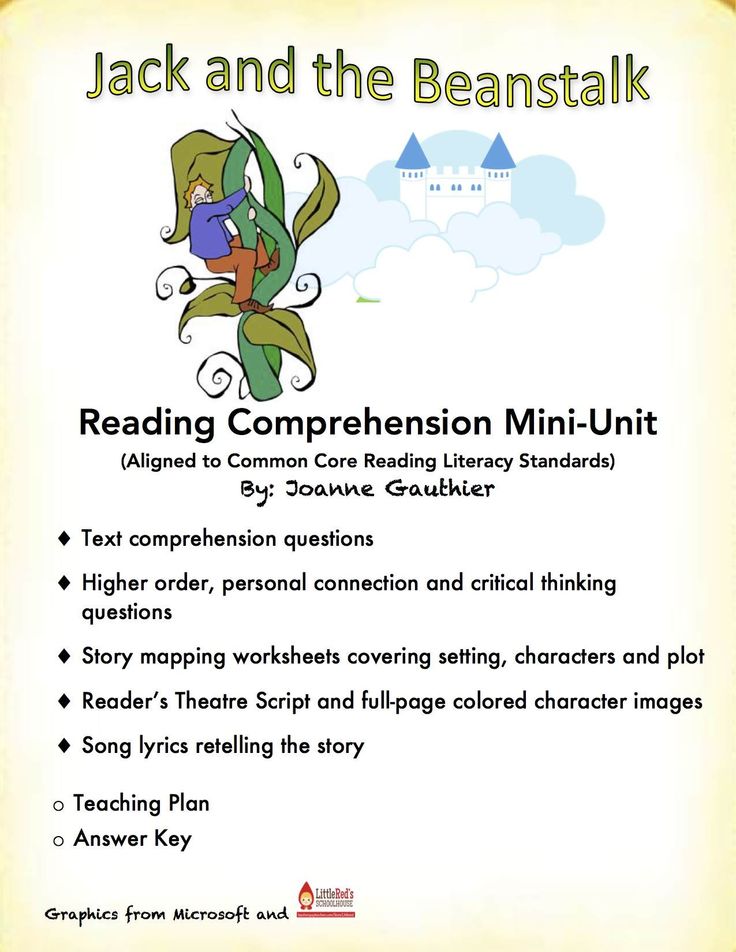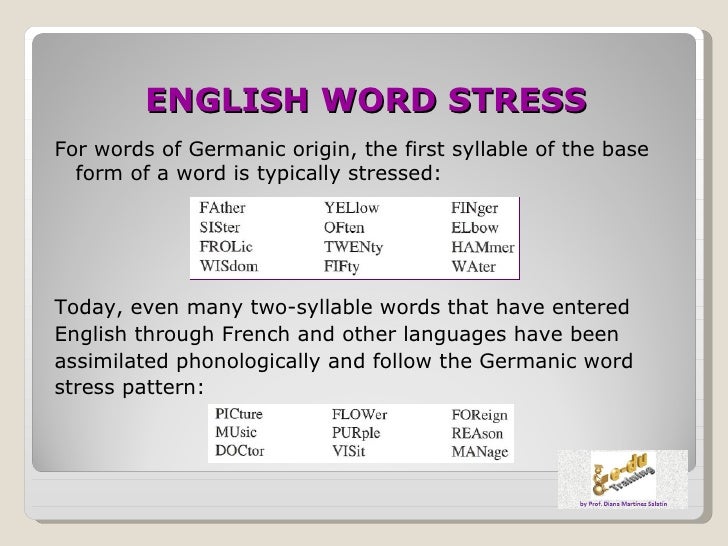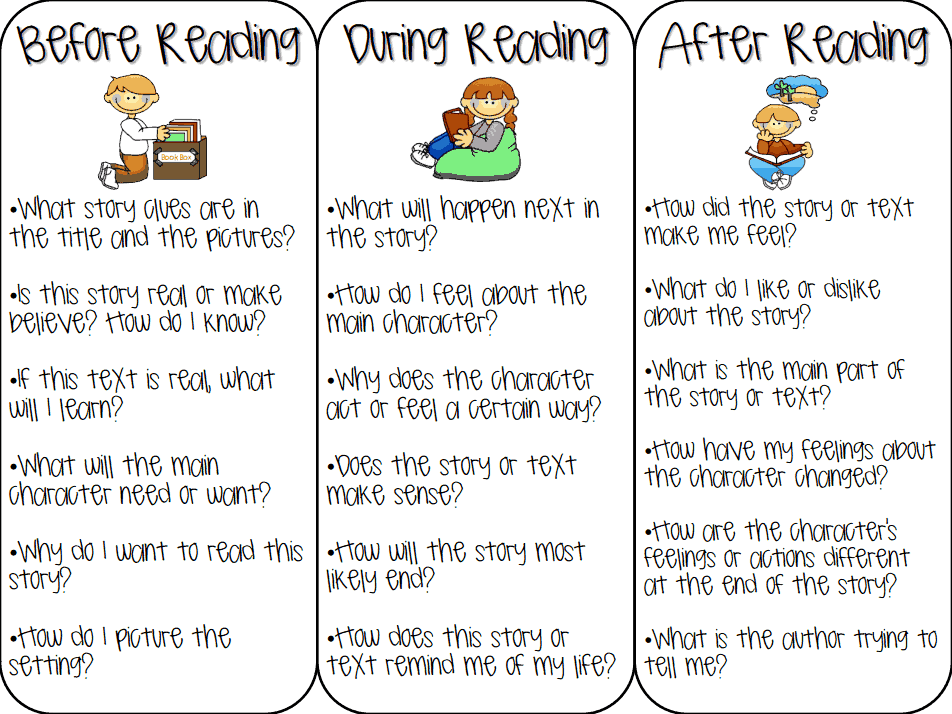Dra2 reading levels
How to 'Read' Your Child's Reading Scores
Is your child a G or an L? A 13 or a 24? As a second grader, is a DRA 32 a good reading score?
In most schools, and especially around report card time, kids come home with reports that detail a child's reading level. Oftentimes, these reports make little sense to parents. While most kids make terrific progress during the school year, parents sometimes struggle to make the same progress in interpreting reading scores and different leveling systems.
Most schools use one of three major leveling systems to define a child's reading level: Guided Reading, Reading Recovery, and Developmental Reading Assessment. Although some variations exist, the procedure for determining a child's reading score follows a sequence. First, a teacher (or school) chooses a benchmark book for a grading period. Then, each child sits one-on-one with a teacher and reads that book. The teacher reads along with a child and keeps track of the child's reading accuracy.
After the story is read, teachers typically ask for a retelling of the book, or may ask some comprehension questions. With each assessment, a teacher is trying to find the level at which a child can read with 90 to 95% accuracy with good comprehension. That is considered your child's instructional reading level.
Here's a little about each leveling system, and a chart that shows you how they relate to each other and to a grade level assignment.
Guided Reading levels
This leveling system is based on the understanding that good teachers carefully match a reader with a book. Based on several characteristics of a book, such as text length, and vocabulary, books are assigned a Guided Reading letter. There are 26 levels, identified by letters A-Z (A being the easiest), and each book level has its own characteristics. If your child is "reading on a Level G," for example, he or she is able to read books with several events and a variety of characters. Sentences are longer than in previous levels, and the book may contain more difficult high-frequency words.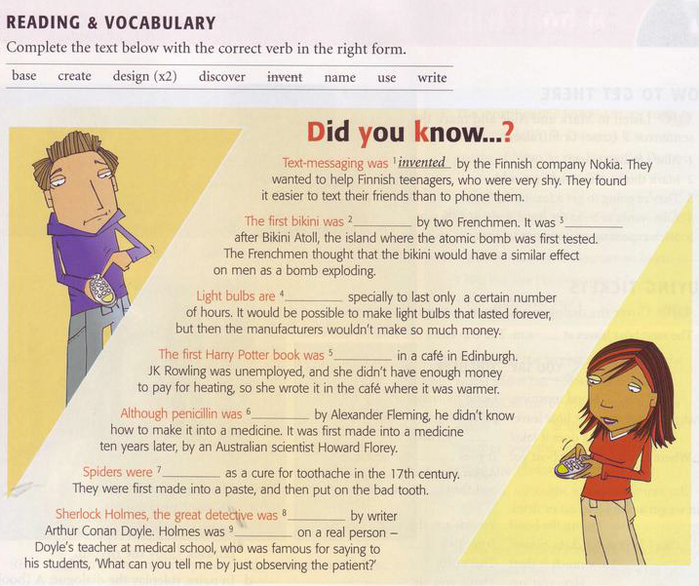
Reading Recovery
This leveling system is based on Reading Recovery, a one-on-one intervention program designed for low achieving first graders. Books used within this intervention program are grouped by characteristics and range from 1-50 (1 being the easiest). As with Guided Reading, books within a certain level share similar features. If your child is, "reading on a Level 2," he or she is able to follow a pattern within a book after it has been introduced by the teacher.
Developmental Reading Assessment
The Developmental Reading Assessment (DRA) is a series of leveled books and recording sheets designed to allow teachers to determine students' reading accuracy, fluency, and comprehension levels. Texts range from A-80 (A being the easiest). In most schools, teachers collect DRA information at the end of each grading period to determine student progress. Students are determined to be near, at, or above grade level, below grade level, or significantly below grade level based on their performance.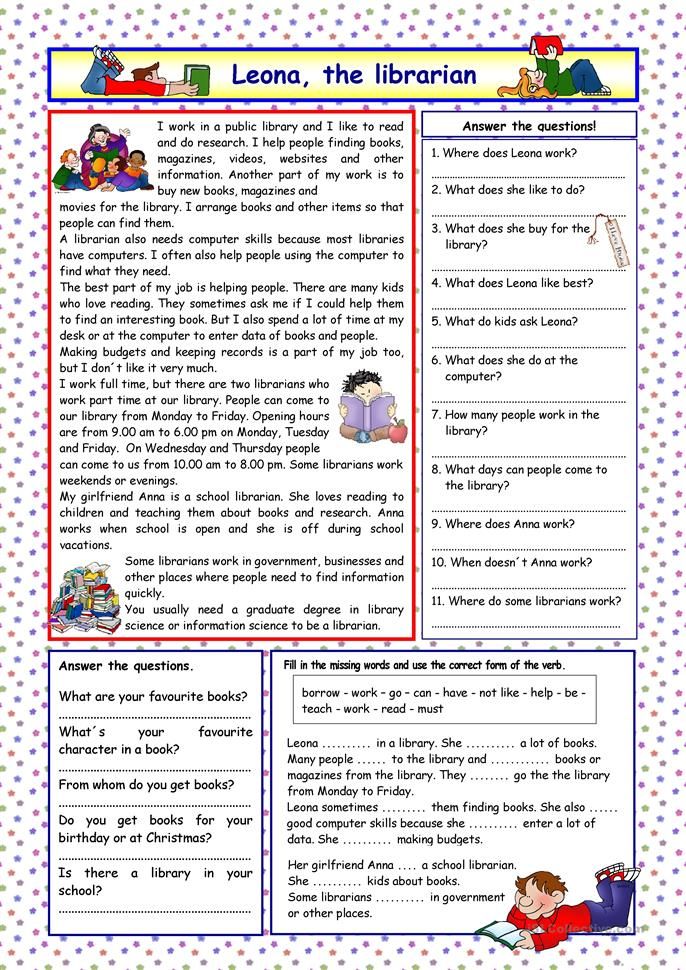
As a parent, it's important to understand the leveling system used at your school and how your child is doing toward meeting grade level expectations. Keep track of those letters and numbers being sent home, and if you don't see progress in your child's reading level, make an appointment to sit down with the teacher.
Literacy Toolkit - DRA -Developmental Reading Assessment
Developmental Reading Assessment is designed to be a classroom-based reading assessment for K-6. The primary purposes of the assessment are to:
monitor students growth on a variety of crucial skills and strategies that successful readers utilize,
help teachers diagnose students needs and plan for timely instruction,
prepare students to be successful at meeting today's classroom and testing expectations, and
support teachers and school districts in keeping parents and other stakeholders informed about the level of achievement.
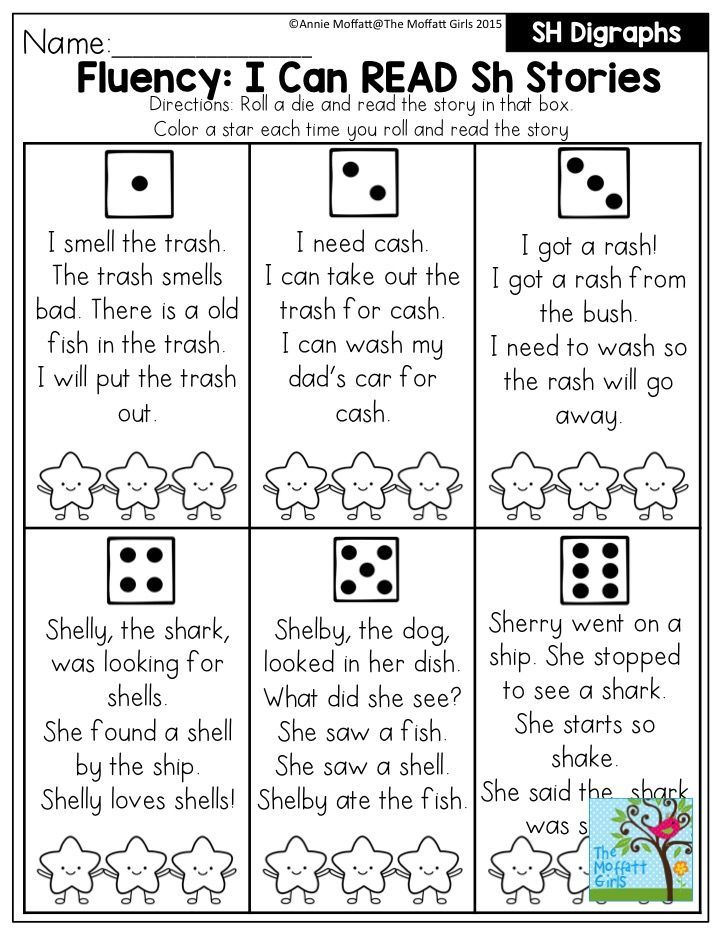
When the comprehensive perspective of each student's reading achievement, DRA assesses student reading achievement in engagement, oral reading fluency, and comprehension skills and strategies. It also provides educators with information that helps them determine student independent reading levels.
The reading assessment has been designed to scaffold real reading situations in which students are placed daily. In this context, teachers can make objective decisions about student achievement based on observations and careful analysis of student responses using well-researched criteria.
DRA can be used on an annual or semi-annual basis to monitor and document changes in student achievement within a school year and across the middle grades. It can also be used more frequently middle grades. It can also be used more frequently with struggling readers to assure continued progress.
(Developmental Reading Assessment, Grades 4-8, 2004)
Reading Assessment Begins With Running Records
"Running Records provide an assessment of reading.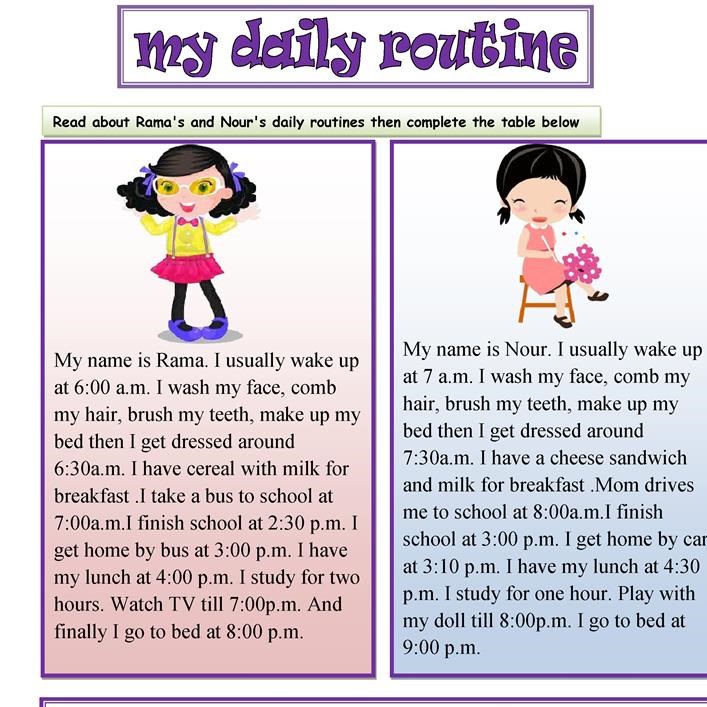 ..(and) are designed to be taken as a child reads orally from any text." - Marie Clay
..(and) are designed to be taken as a child reads orally from any text." - Marie Clay
*Running Records - September 2020
Running Records Session Slide Deck
*Running Records for the Elementary Classroom.mp4
Running Records Session Teams Recording
Running Records Resource Folder
LLI- Reading Levels Chart 2020.pdf
Resource: Reading Levels Chart
Administering the Developmental Reading Assessment- Primary
DRA2 Primary - Online Toolkit.pdf
Professional Learning Slide Deck: Primary DRA2 Training Session
Primary DRA.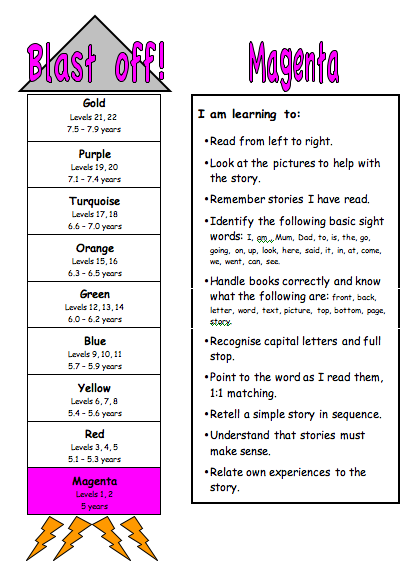 pdf
pdf
Professional Learning Resource: Primary DRA2 Training Handouts
DRA2 tips sheet.pdf
Professional Learning Resource: DRA 2 Tips Sheet Pamphlet
DRA Grade Level Ceiling Reading- with Kinder.pdf
DRA Grade Level Ceiling Chart: Grade Level Targets for Reading
DRA Class Chart.pdf
Class Profile: DRA Focus for Instruction (Print 11 x 17)
Primary DRA Goals_Instruction Focus.pdf
Focus for Reading Instruction for Various Reading Stages (Primary)
Administering the Developmental Reading Assessment- Junior
Junior DRA - Online Toolkit.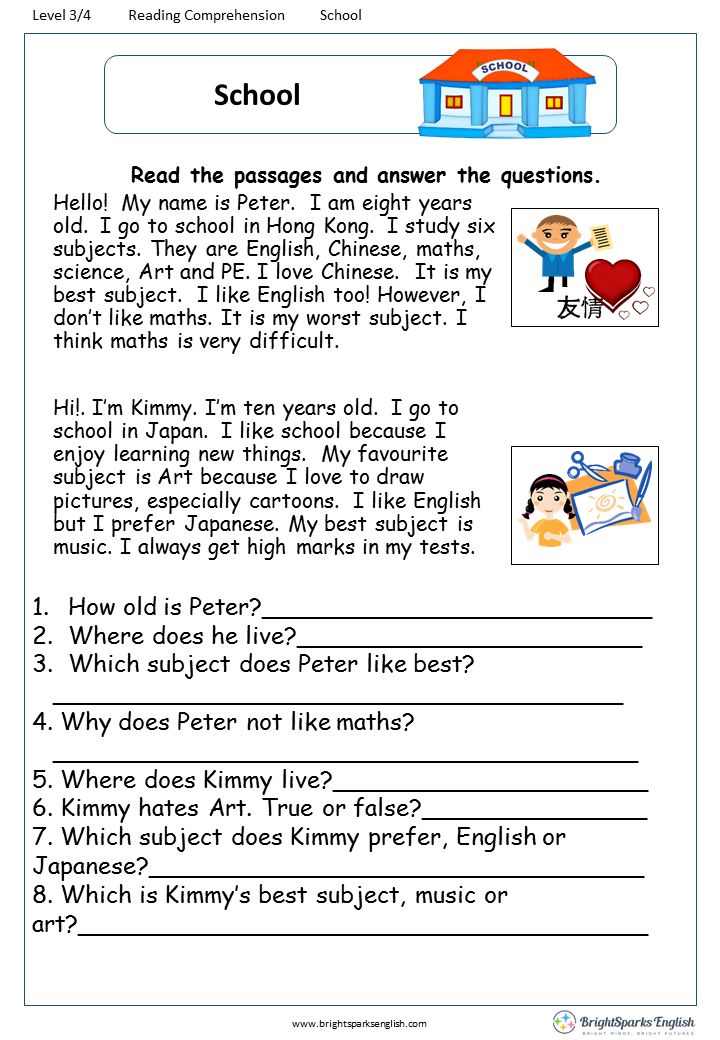 pdf
pdf
Professional Learning Slide Deck: Junior DRA Training Session
Junior DRA.pdf
Professional Learning Resource: Junior DRA Training Handouts
DRA FAQ.pdf
DRA Grades 4-8 - Frequently Asked Questions
DRA Grade Level Ceiling Reading- with Kinder.pdf
DRA Grade Level Ceiling Chart -Grade Level Targets for Reading
Junior DRA Focus for Instruction.pdf
Focus for Reading Instruction for Various Reading Stages (Junior & Intermediate)
Junior DRA Tracking forms.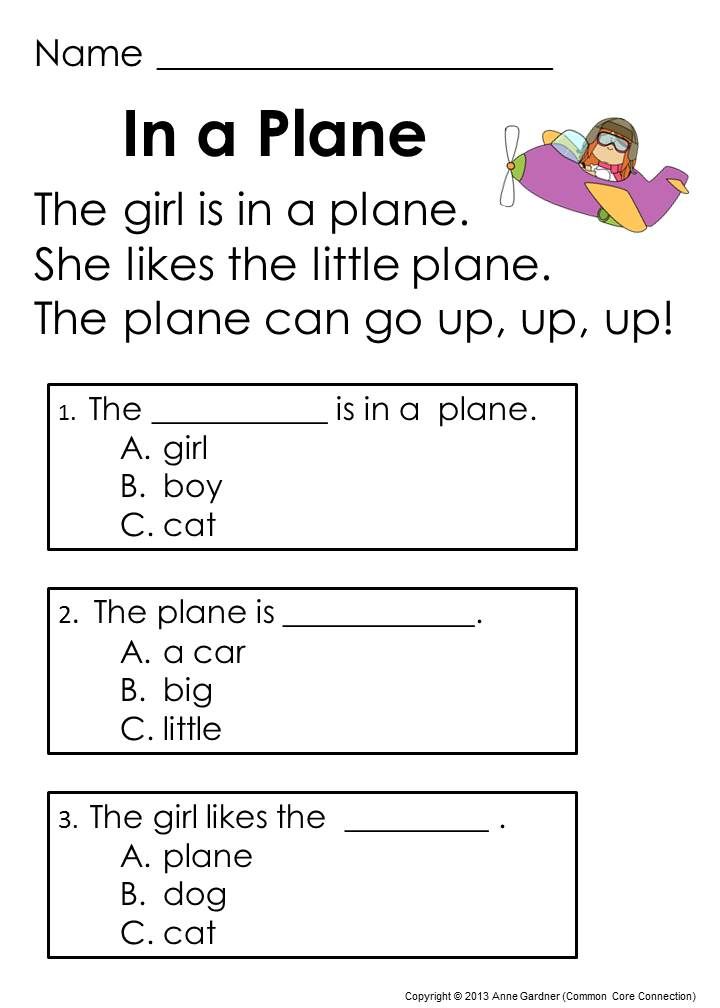 pdf
pdf
Junior DRA Tracking Forms
Stages of Reading Development
Reading Stages_EmergentFinal.pdf
Reading Stages - Early.pdf
Reading Stages_Transitional.pdf
Reading Stages - ExtendingFinal.pdf
Reading Development Assessment (DRA) (key tips)
Reading Development Assessment (DRA) is an assessment conducted to assess a child's reading ability from kindergarten to 8th grade. This test is administered individually to students.
DRA is a tool that helps teachers assess children's reading abilities. It also helps teachers determine the next step to take to improve a child's reading ability.
This assessment is usually given to students at least twice a year and goes a long way in improving children's reading ability, making them better readers.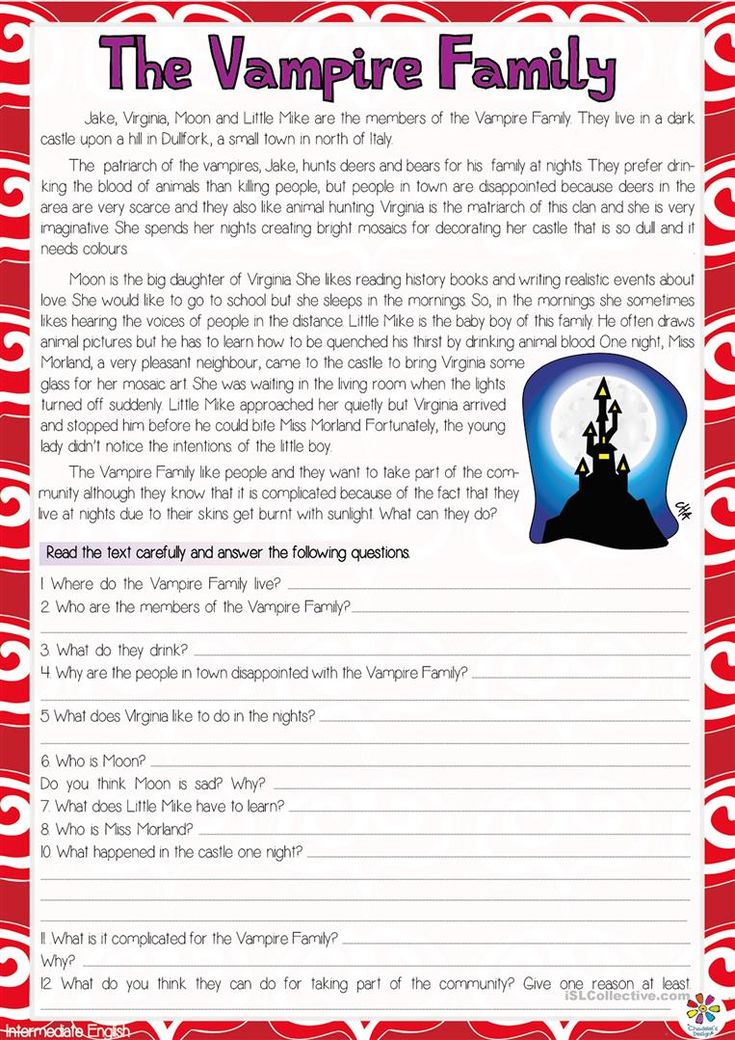
It also allows them to read with correct intonation and punctuation.
In September 2009, all Priority School Districts (PSDs) were required to use District DRA 2 for grades 1-3.
"Each school year beginning on or after st Effective July 2011, each local and regional board of education in a priority school district must require schools under its jurisdiction to evaluate the reading performance of students enrolled in kindergarten at the end of the school year. year, while students in grades 1-3 inclusive, at the beginning, middle and end of the school year.
Section 10-265g (b) of the Connecticut General Bylaws (CGS)
Students in grades 1-3 are generally assessed in September, and all kindergarten students are assessed at the end of the school year.
If a student is found to be handicapped, this must be based solely on measures established by the Board of Education.
Rules were introduced so that any student who cannot read well can be easily identified and mistakes can be easily corrected.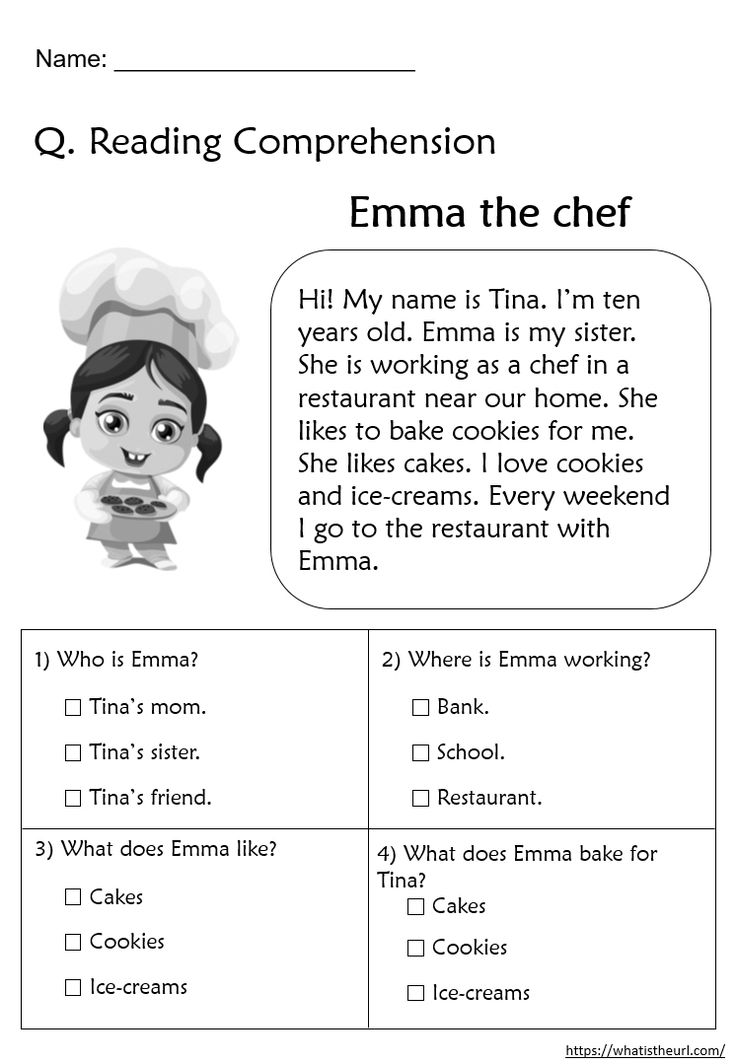 It's not easy to get a child to read after 3rd grade, so it's easier to teach a child to read early in life.
It's not easy to get a child to read after 3rd grade, so it's easier to teach a child to read early in life.
The Reading Development Assessment (DRA) was adopted as a standardized test to help identify students with reading problems on December 1, 1999.
Contents
Developmental Reading Assessment (DRA)
Benefits of Developmental Reading Assessment
- DRA helps teachers know students' reading levels.
- This can help the teacher to better observe the students.
- Teachers use DRA to record and evaluate student performance.
- This helps teachers learn about student weaknesses and how the student can be helped.
- Students can be assessed individually as they are allowed to read different texts and say what they can learn from the texts.
- It also helps the teacher figure out where the growth has taken place.
- It measures every aspect of a student's reading skills; reading accuracy, fluency and comprehension.
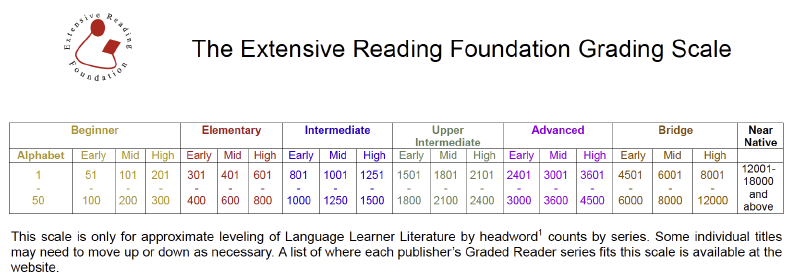
- DRA makes a thorough diagnosis.
- This helps the teacher know the next course of action.
Read this: Academic probation - all you need to know
How can parents help?
- Parents can help improve their child(ren's) reading ability by reading to and with them on a regular basis.
- They should spend time listening to their child read on their own.
- When a child reads a book, parents should talk to their child about it and ask for a summary of the story.
- Your child should learn to use facial expressions when reading. This will help to easily act out any scene.
- Parents should also help their child(ren) identify and understand their reading strategies.
- Have your mentee write their own story on paper or in a book.
Required DRA2 components include:
- Aligned texts
- Teacher Observation Manual
- DRA 2 Continuum, which is part of the Teacher Observation Guide.
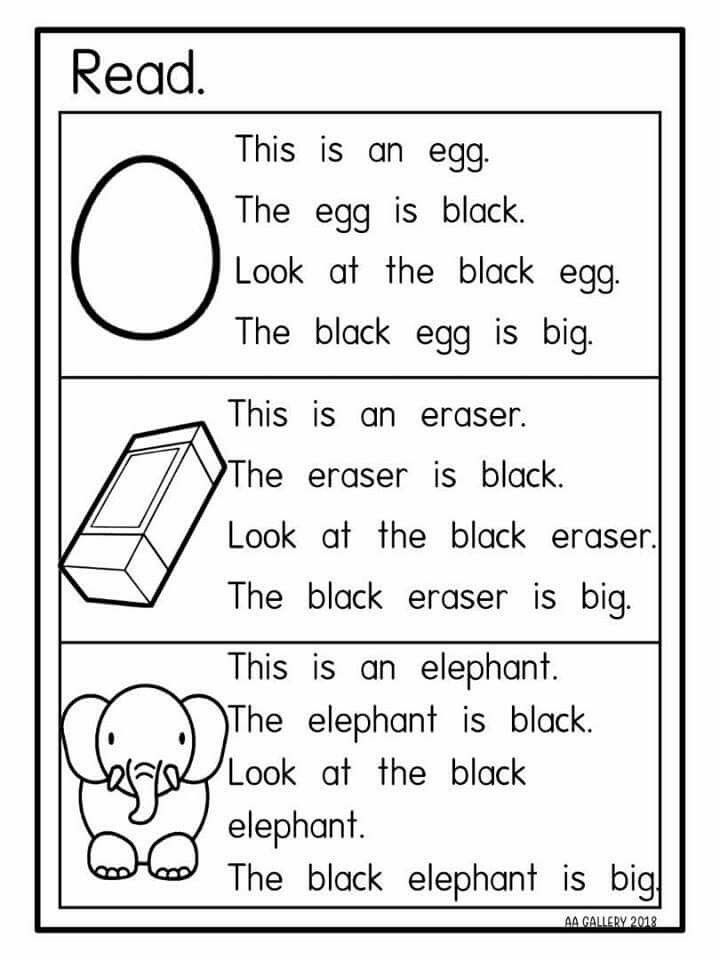
- DRA2 Focus for Instruction, which is also part of the Teacher Observation Guide.
Developmental Reading Assessment (DRA)
At what time of the year are students assessed?
DRA 2 evaluation is conducted three times a year for students in grades 1-3. Children in kindergarten usually take a test at the end of the year. The first introduction is usually completed in September.
The Board of Education is sometimes flexible because holidays, vacations and even the weather are taken into account.
In the middle of the year, four weeks from January to February are allotted for assessment of children. There are also four weeks at the end of the year in April and May.
Read this: Critical Literacy (All You Need to Know)
DRA Cons:
1. Time.
Evaluation takes time. You can spend 10 minutes assessing a student in first grade.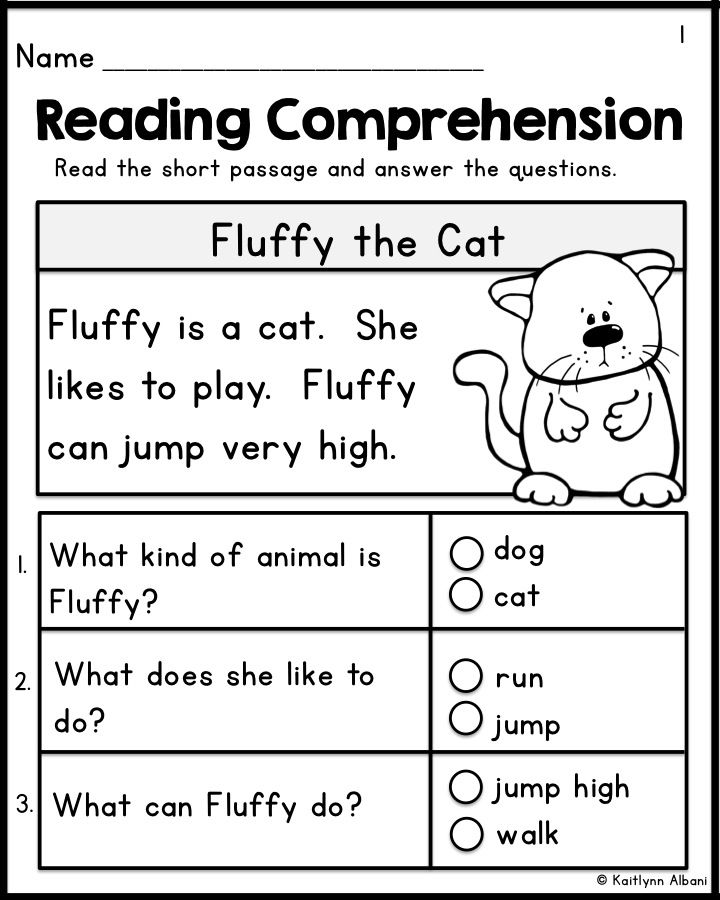 In most cases, you spend more time if you need to get more access to it to find out their highest independent level.
In most cases, you spend more time if you need to get more access to it to find out their highest independent level.
As the student progresses through the level, more time is wasted. You can spend 30 minutes with a student, even more, when you need to determine their highest level of independence.
Sometimes it's so bad that the classroom period has to be used to complete the test because there wasn't enough time allotted for the test.
At a certain level, where students are now required to write down their responses, more time is spent reading their responses.
Teachers observe students, record and evaluate their performance. Then, based on their performance, he will know how to help the student become better.
2. Assessment content
The assessment consists of different stories of varying difficulty and requires students to read the story and then tell it in their own words.
The teacher then evaluates the student's reading level by noting how effectively he or she reads and the methods used to read or pronounce words he or she is unfamiliar with.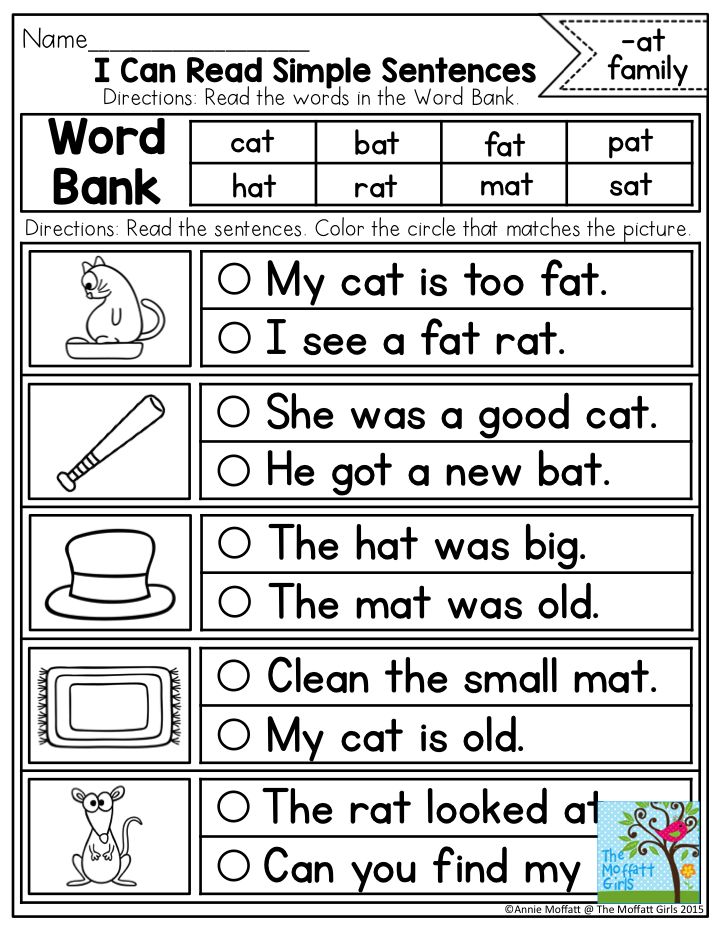
The teacher tests the student's reading fluency and the student's ability to write a complete summary of the story he or she has read.
Developmental Reading Assessment (DRA)
DRA2 results
Accuracy level: Level A - 40 independent or higher
- Comprehension: Level 4-38 on the continuum corresponds to 19 points or even higher. Level 40 is 17 points or even higher.
- Oral reading: level 14 and above is independent
or higher.
Now some people will be wondering what happens to children with disabilities. Well, it's very simple.
The Planning and Placement Team (PPT) determines whether a child with a disability will take the exam and, if not, what alternative can be provided. The decision as to which alternative is provided to the student is based on the PPT.
Great, I hope this Reading Development Assessment (DRA) article answered your question.
Share this information.

ACTFL | Reading
Share:
On this page:
Introduction
ACTFL Language Competency Assessment Guide 2012 - Reading. This section describes the five main levels of foreign language proficiency: expert, professional, advanced, intermediate and basic. The description of each main level provides a specific list of relevant skills and abilities. Together, these levels form a kind of hierarchy, in which each subsequent level includes all previous levels. The main levels of advanced, intermediate and basic are divided into three sub-levels: high, intermediate and beginner. One of the innovations is the division of the advanced level into high, intermediate and beginner sublevels. Due to this, reading skills are described in a coordinate system that is parallel to the descriptions of the levels of other language competencies.
Reading is an interpretive skill. Reading comprehension is mainly due to the amount of information that the reader can extract from the text, as well as the ability to draw conclusions and logical relationships built both on the basis of a single text and on a combination of several coherent messages.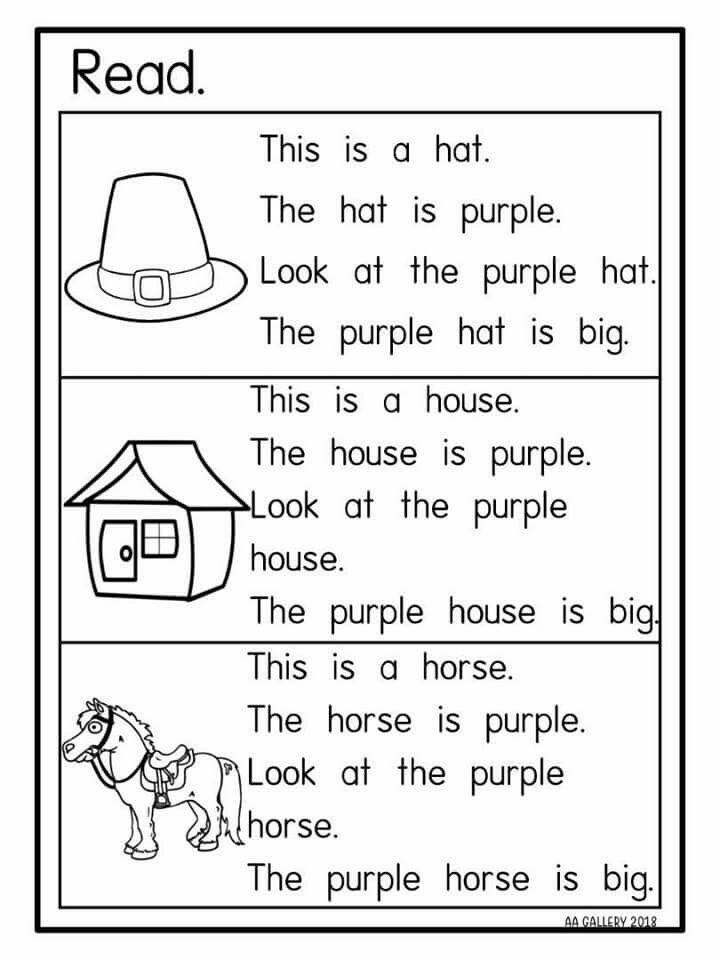 In describing the tasks performed when reading different types of texts and under different circumstances, the Language Competence Assessment Guide demonstrates the extent and extent to which comprehension of written texts is available. The manual does not describe how reading skills are developed, how a person learns to read, and also does not cover the cognitive processes associated with this type of speech activity. This Guide has a different purpose - to describe what exactly the reader understands from the material read.
In describing the tasks performed when reading different types of texts and under different circumstances, the Language Competence Assessment Guide demonstrates the extent and extent to which comprehension of written texts is available. The manual does not describe how reading skills are developed, how a person learns to read, and also does not cover the cognitive processes associated with this type of speech activity. This Guide has a different purpose - to describe what exactly the reader understands from the material read.
This Guide can be used to assess both interpretive reading (literary and journalistic texts of various genres, articles, essays, reports, etc.) and interpersonal written communication of various kinds (correspondence, instant messages, SMS messages, email messages). etc.).
The description of reading skills at different levels in the on-line version given in the Guide is accompanied by specific examples illustrating the features of each main level.
2012 ACTFL Language Competency Assessment Guide - Reading Section - may be used for non-commercial educational purposes only when reproduced in its entirety, without any modifications, and with reference to the ACTFL.
EXPERT LEVEL
Individuals with expert reading skills understand a wide range of written texts from a variety of genres, including professional, technical, scientific, nonfiction and literary. These texts are characterized by one or more of the following features: a high level of abstraction, a narrow specialization or low frequency of the vocabulary, a high content richness, and also, often, the complexity of the structure. Readers at this level have access to explicit and implicit information, they understand the general tone of what is written and the position of the author; they are able to critically perceive complex argumentation. In addition, these individuals may detect unexpected changes in the course of reasoning or presentation due to the complexity of the topics covered.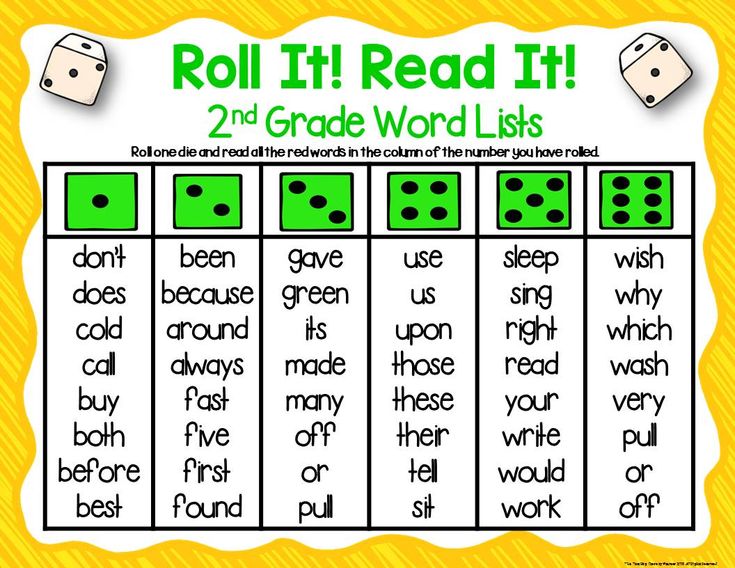
Expert-level reading comprehensions understand texts intended for a limited (eg, professional) audience, and can also comprehend different styles and varieties of language (such as historical, regional, and colloquial).
They are able to appreciate all the richness of written speech and fully understand texts that are complex in composition, where sophisticated rhetorical devices and rare words are used. Texts of this kind usually have the length of a standard essay, but they can also be excerpts from longer materials.
Individuals with expert reading skills understand the written language of educated native speakers and are able to capture the nuances and subtleties of texts of various genres. However, they may still have difficulty reading texts written in non-standard language variants.
-
POEM: TWENTY YEARS
Dmitry Bykov. Citizen Poet. 08/22/2011
Twenty years - not a damn thing (V.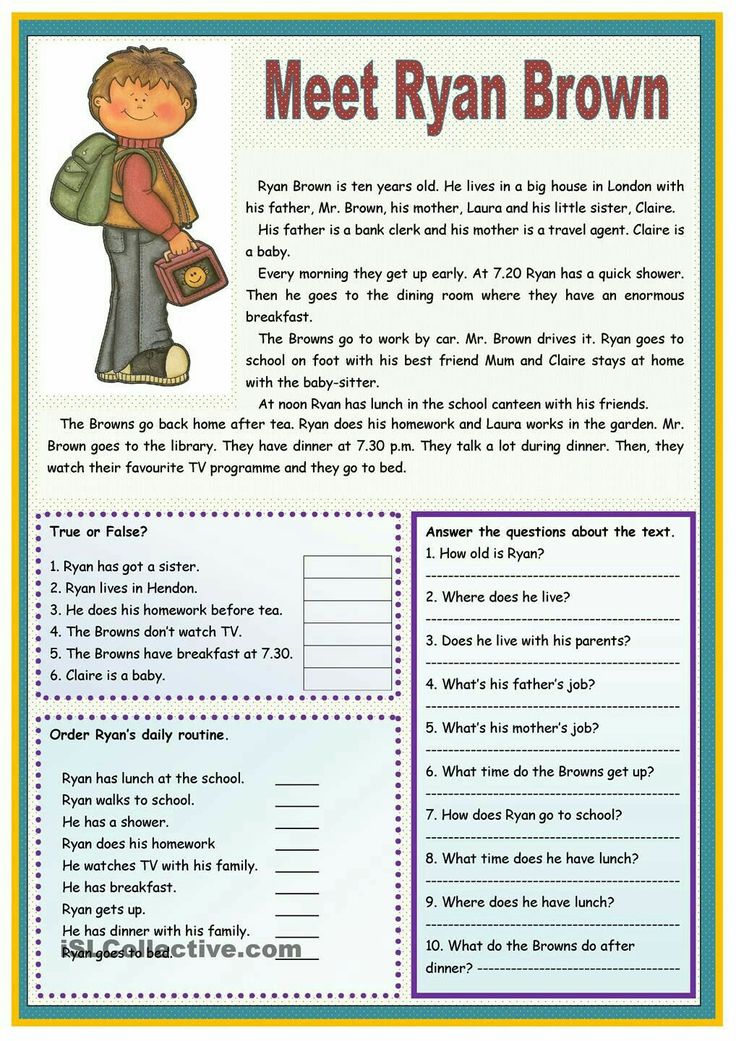 Mayakovsky):
Mayakovsky):
On the twentieth anniversary of the collapse of the USSR
Drops fell on the ground.
White with difficulty through the rain,
Bristling with barricades,
Moscow white house.
Now, of course, ashamed,
But twenty years ago
We thought that soon
There will be a garden city.We thought then, after all,
Naive jesters,
That if we are not pressed,
Then we are already cool,
We have been given freedom,
The scoop will not be resurrected -
In four years
There will be a garden city.Then there were no grandmas,
Order dilapidated,
The country fell on its side
And cracked at the seams,
Smoldered along the outskirts
And moved to be scrapped
Poisoned, denounced,
Melted piece.
But we are the wrong breed,
To be frightened by decay.
In four years
There will be a garden city!Then the heroes began to drink,
They said goodbye to shame,
Then they smashed with volleys
The same White House,
Whether it was foolishness or malice
The children of the mountains were furious -
We killed so many there,
What is still scary.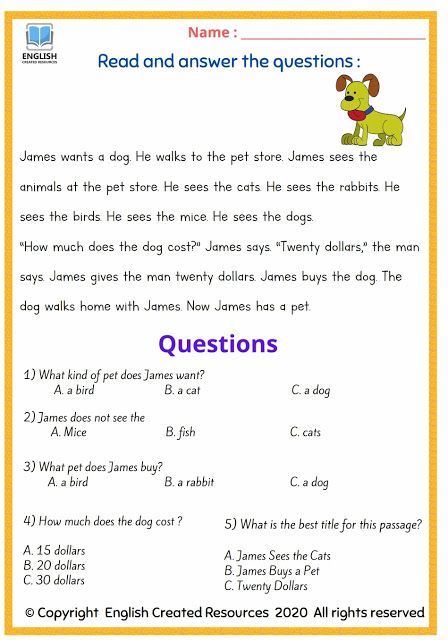
But the clouds at the hour of sunrise
hang densest of all.
In four years
There will be a garden city!Then the oligarchy
There was a redistribution,
The leaders barked,
Boris overlooked.
Keepers of the bedbug
Sent a flight
Quiet lieutenant colonel
From the St. Petersburg swamps,
And now a crowd of people
Kissing a new backside:
In four years
There will be a garden city here!Fronts of invisible warriors,
Dressed up as a king!
I learned a lot
Thanks to you.
I memorized the right way,
Without false shame:
Neither the city nor the garden
There will never be.
It's hard to dream
About the golden age.
And the garden was here once,
And the city was then.
Another fashion has come,
Predictions here are simple:
In four years
Only you will be here.Goodbye, barricades,
Goodbye, iron junk.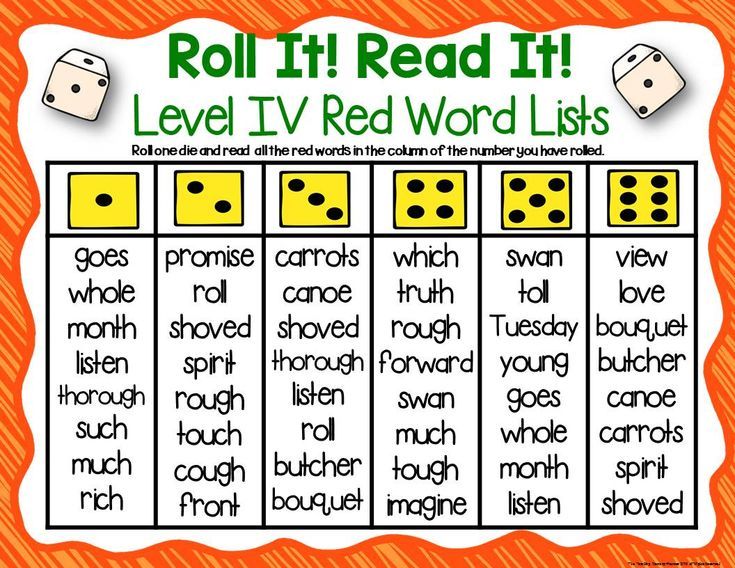
We were fools
When we stood there.
It's time to admit calmly,
Leaving the triumph,
That besides the lieutenant colonel,
There will be nothing.
He with the quickness of a lover
Penetrated into all minds.
I look at the lieutenant colonel -
And I see: it's us.
It remains to drink without spilling,
Until the white piglets.
There is no other way here
Set up a garden city.Rationale for Rating
A thorough comprehension of the intent of this literary text, a poem on the occasion of the 20th anniversary of the collapse of the USSR written by Dmitry Bykov that harkens to the work of Vladimir Mayakovsky (a Futurist poet who was writing during the turn of the previous century) requires a reader at the Distinguished level. Lower-level readers may understand the words but not the sophisticated puns, plays on words, subtexts, inferences, cultural, social and historical references that permeate the entire text.
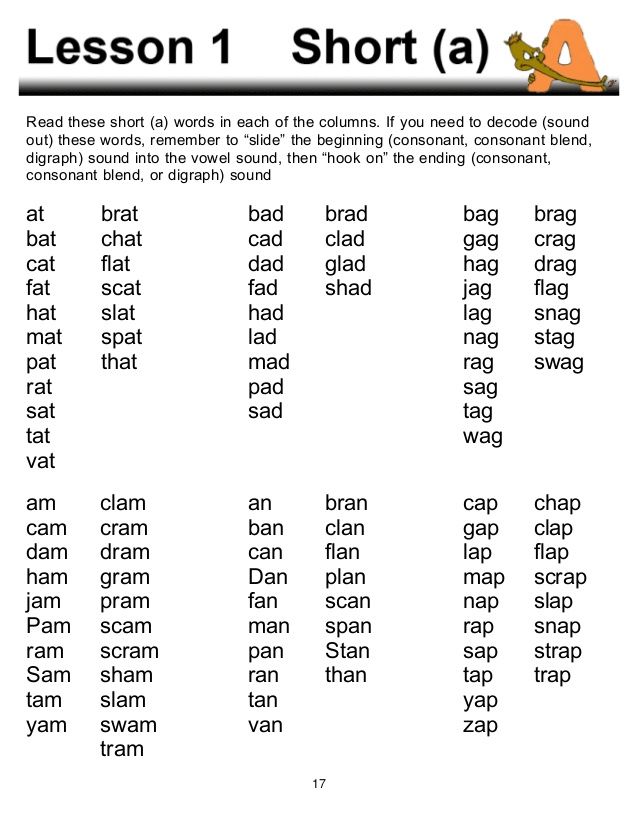 Typical at this level are texts such as this characterized by unique vocabulary and creative use of words and structures. The piece is dense with cultural and historical references. Readers at the Distinguished level are able to comprehend the author's tone and appreciate the richness of the text, primarily because they are able to read from within the cultural and experiential framework of the author.
Typical at this level are texts such as this characterized by unique vocabulary and creative use of words and structures. The piece is dense with cultural and historical references. Readers at the Distinguished level are able to comprehend the author's tone and appreciate the richness of the text, primarily because they are able to read from within the cultural and experiential framework of the author.
PROFESSIONAL LEVEL
Persons whose reading skills correspond to the professional level understand texts of different genres, covering a wide range of both familiar and unfamiliar topics. The degree of their understanding depends not so much on familiarity with the subject under consideration, but on the level of language proficiency, which implies an extensive vocabulary, the ability to recognize complex text-forming structures and knowledge of the culture of the country of the corresponding language. Readers at this level are able to make inferences based on linguistic and extralinguistic landmarks of the text.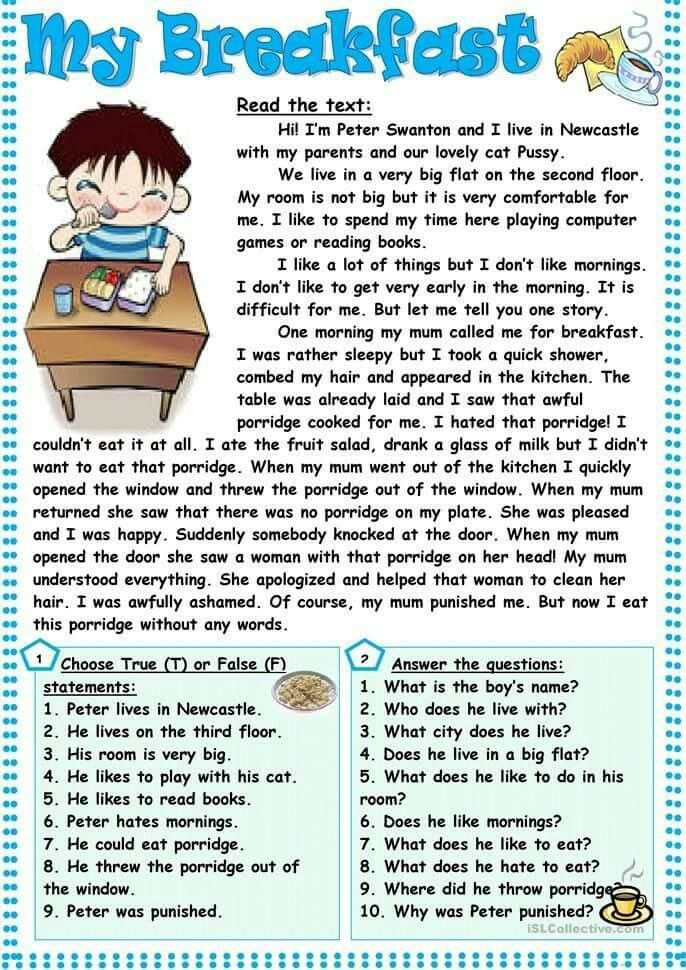
Individuals with proficiency in reading skills understand texts that use specific, often specialized vocabulary and complex grammatical structures. These texts contain arguments, substantiated opinions, hypotheses, and abstract definitions commonly found in scientific and professional literature. Texts of this kind tend to be logical and/or analytical and can often contain cultural references.
Persons whose reading skills correspond to a professional level understand fairly large texts of a professional, scientific or literary nature, have an adequate understanding of the expressive means of the language and literary styles. However, they do not always fully understand texts containing some little-known cultural references and other features of the culture being studied.
-
EDUCATION IN RUSSIAN
Non-general education: place and time
Many are familiar with the torment at the music school? Yes, yes, because they say that it is necessary to study music, and as early as possible.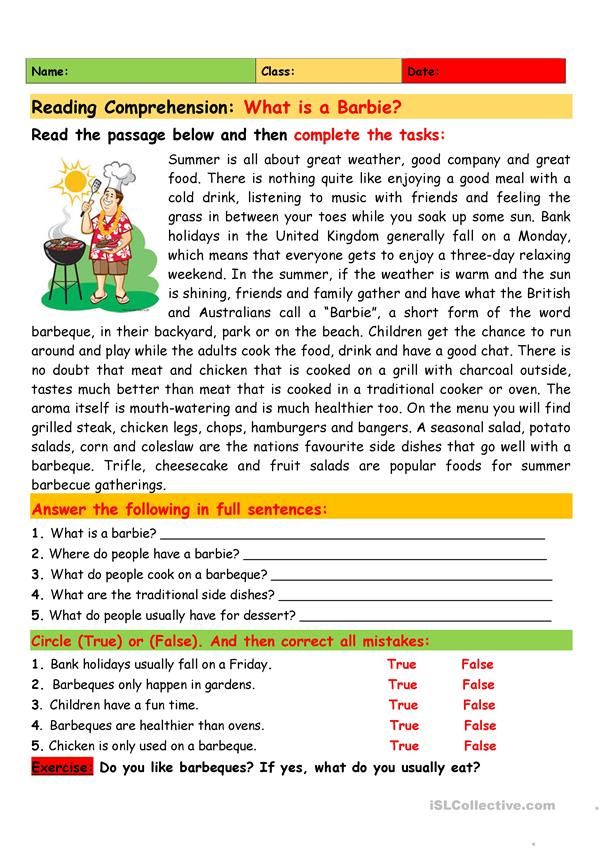 This idea is not confirmed by anything concrete - but then people are sick of violins all their lives. On the other hand, in high school, many themselves become interested in music, create rock bands. That's when music can be learned with pleasure!
This idea is not confirmed by anything concrete - but then people are sick of violins all their lives. On the other hand, in high school, many themselves become interested in music, create rock bands. That's when music can be learned with pleasure! To be honest, even fanatical teaching of reading to children from kindergarten already seems to me some kind of archaic distortion. And now this bias smoothly flows into another - it is believed that it is very important to teach children from the same age to poke at the buttons of a computer or mobile phone. Although there are things that should have been learned early. For example, it is correct to fall when you are pushed to take away your mobile phone. Or speak correctly so that nothing is taken away from you.
Well, it's not taught in school. But even school subjects, if you look closely, are arranged according to the program in some very medieval order. Everything that concerns the organization of the world - and that is of particular interest to children - was stuffed somewhere in high school.
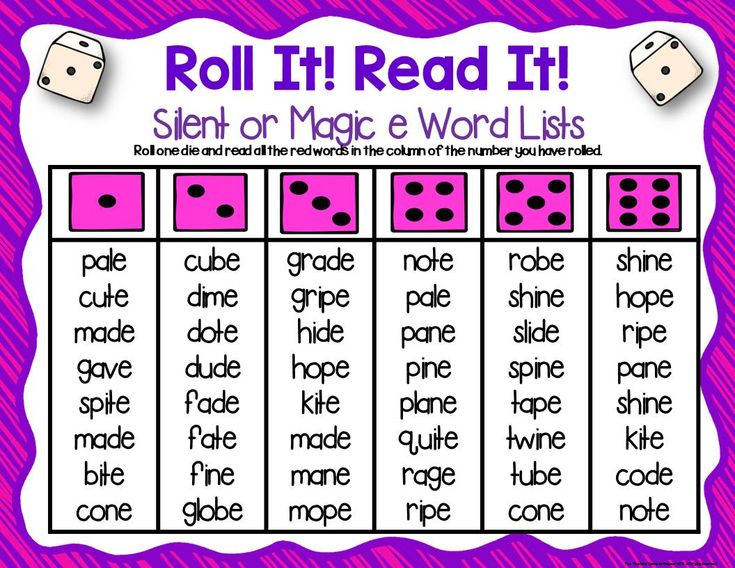 And in the textbook "The World Around" the first class, it is proposed to remember the same three unfortunate stones (mica, granite and quartz) that we had in childhood in the same lesson: by that time we ourselves already knew dozens of minerals. And how boring these lessons must be for my son - after the annual stone fair at VDNKh, after the stalactite caves of the Crimea and his own collection of minerals in three boxes. Again, a stupid waste of time in useless lessons.
And in the textbook "The World Around" the first class, it is proposed to remember the same three unfortunate stones (mica, granite and quartz) that we had in childhood in the same lesson: by that time we ourselves already knew dozens of minerals. And how boring these lessons must be for my son - after the annual stone fair at VDNKh, after the stalactite caves of the Crimea and his own collection of minerals in three boxes. Again, a stupid waste of time in useless lessons. Rationale for Rating
Readers at the Superior level are able to comprehend this text about the state of education in Russia today and the author’s position on the need for reform. The reader’s comprehension of the author’s voice in this opinion piece is made possible not only because of the knowledge of a broad vocabulary, colloquial language and complex structures, but also because of the knowledge of the target culture. The author is clearly writing for an audience that shares the same cultural background and experience characteristic of the Superior level, the reader is able to draw inferences intended by the author because of this extralinguistic experience and knowledge.
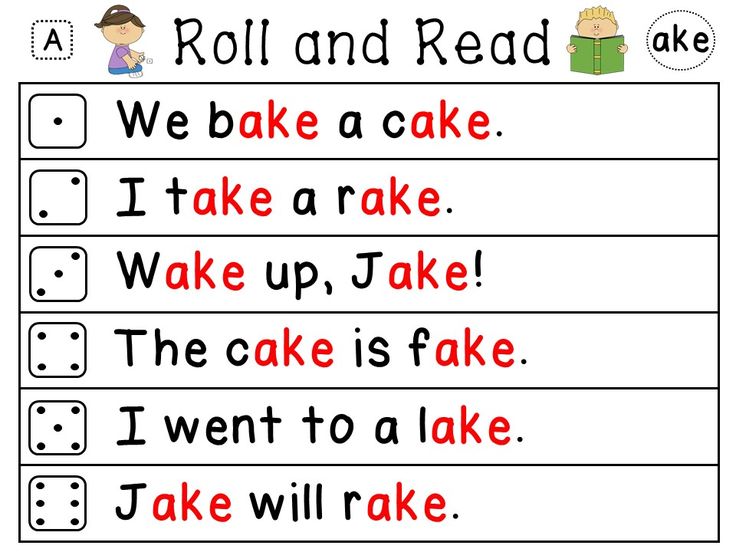
ADVANCED
Individuals with advanced reading skills are able to understand the main idea and some minor details of authentic narrative and descriptive texts. They are able to compensate for the lack of knowledge of lexical and grammatical structures, using contextual landmarks. By analogy, reading comprehension is supported by knowledge of the grammatical system of the language being studied (noun/adjective agreement, the place of the verb in the sentence, etc.). Provided they are familiar with the topic, advanced readers are also able to extract basic information from simple texts, such as highlighting the main argument.
Advanced readers understand texts with a clear and predictable structure on topics of general interest.
They are able to independently read and understand texts on topics that are new to them and have a sufficient command of the commonly used norms of the language in order to understand the aspect-temporal relationships, and the chronological sequence of presentation.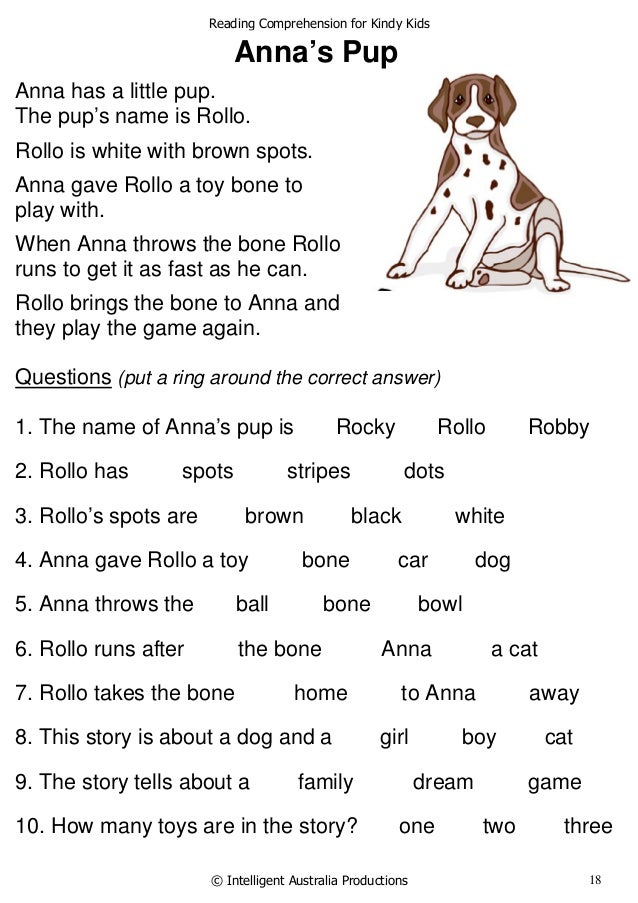 However, these readers at this level often have difficulty reading texts that are abstract speculations.
However, these readers at this level often have difficulty reading texts that are abstract speculations.
Advanced High
Advanced High Readers can easily and fully understand ordinary narrative and descriptive texts of any length, as well as more complex factual material. They are able to highlight the most important parts in texts devoted to areas of special interest or knowledge. They can also understand individual fragments of texts that deal with topics or situations unfamiliar to them. Not limited to a simple understanding of the facts presented in the text, these persons begin to grasp the implicit conclusions implied by the author. Increasing knowledge of the expressive means of the language and its literary styles allows them to understand a wide variety of texts, but there may be cases of misunderstanding of what they read in more structurally and / or conceptually complex texts.
Intermediate Advanced
Intermediate Advanced readers understand ordinary narrative and descriptive texts, such as long descriptions of people, places, and objects, as well as narratives of past, present, and future events.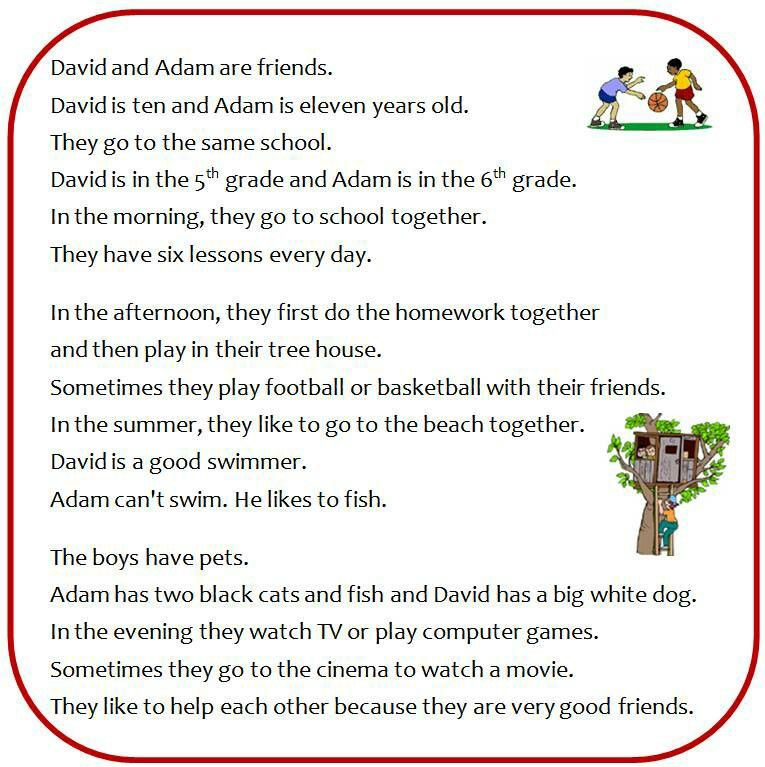 These texts use the general language norms of written speech, thanks to which these persons can guess in advance what exactly they are about to read. Readers at this level understand the main ideas and many minor details and circumstances. Understanding the content is due not only to knowledge of the situation and the subject referred to in the text, but also to the degree of general proficiency in the language. Readers at this level can to a certain extent understand the meaning of texts that are more structurally and/or conceptually complex.
These texts use the general language norms of written speech, thanks to which these persons can guess in advance what exactly they are about to read. Readers at this level understand the main ideas and many minor details and circumstances. Understanding the content is due not only to knowledge of the situation and the subject referred to in the text, but also to the degree of general proficiency in the language. Readers at this level can to a certain extent understand the meaning of texts that are more structurally and/or conceptually complex.
Advanced Beginner
Advanced Beginner readers understand simple narrative and descriptive texts with a clear structure, although this understanding may not always be complete. These texts mainly consist of frequently used words and constructions. Readers at this level understand the main ideas and some minor details and circumstances. Understanding can often come from knowing the general situation and subject matter. Readers at this level will have difficulty understanding more complex texts.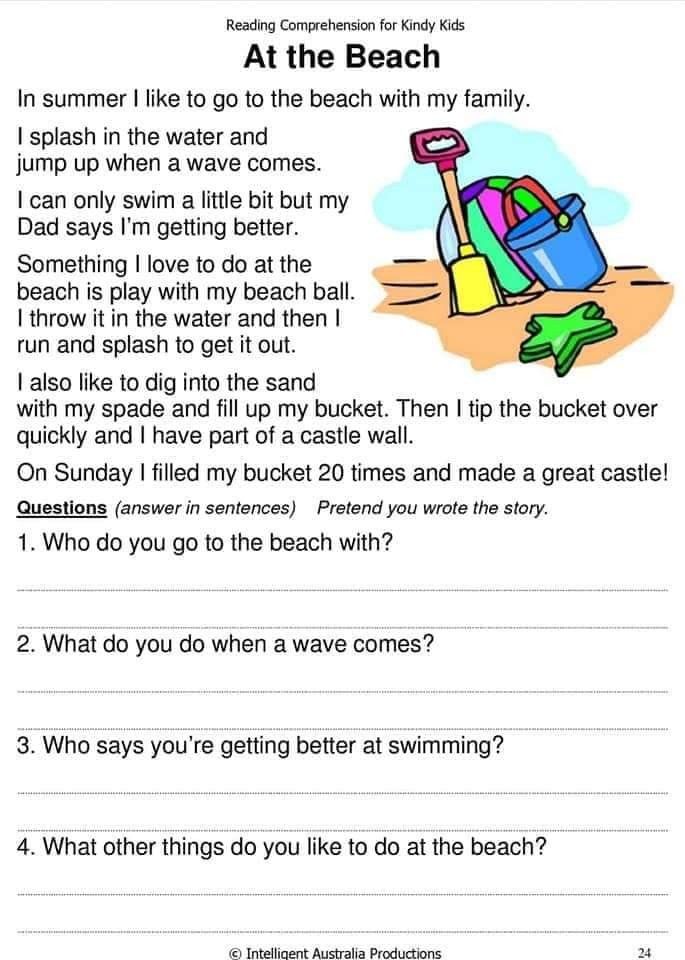
-
MOSCOW SCIENCE FESTIVAL
MOSCOW, October 12 — RIA Novosti. A communication session with the crew of the International Space Station (ISS) will take place on Saturday at the Lomonosov Moscow State University (MSU) as part of the eighth Moscow Science Festival, the organizing committee of the festival reports. This session will be the first such event in the history of science festivals in Russia.
The crew of Expedition 37/38 to the ISS (International Space Station), including Sergei Ryazansky, the first Moscow State University graduate who went into space, will answer the questions of festival visitors. He is 19In 1996, he graduated from the Department of Virology, Faculty of Biology, University.
The Science Festival in Moscow has been held annually since 2006, and this year it ends with the III All-Russian Science Festival. This year the capital festival will be held on October 11-13.
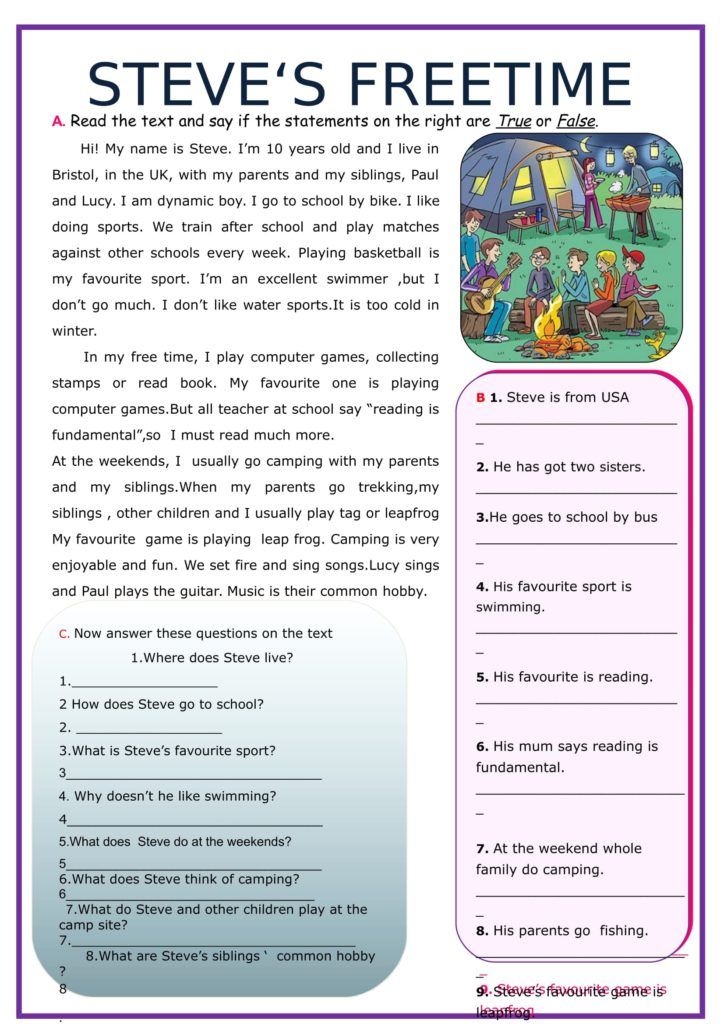 About 1,500 events will take place within its framework, in particular, lectures by leading Russian and foreign scientists, including Nobel Prize winners, scientific shows, master classes and laboratories, excursions, screenings of scientific and educational films and events. The festival will take place on 90 sites, the main ones will be Moscow State University and Expocentre. In addition, events will be held at universities, technology parks and incubators, at industrial enterprises implementing scientific developments. It is assumed that the festival in Moscow will be visited by 400-450 thousand people. Admission to all events is free.
About 1,500 events will take place within its framework, in particular, lectures by leading Russian and foreign scientists, including Nobel Prize winners, scientific shows, master classes and laboratories, excursions, screenings of scientific and educational films and events. The festival will take place on 90 sites, the main ones will be Moscow State University and Expocentre. In addition, events will be held at universities, technology parks and incubators, at industrial enterprises implementing scientific developments. It is assumed that the festival in Moscow will be visited by 400-450 thousand people. Admission to all events is free. Rationale for Rating
Readers at the Advanced level can understand the main idea and supporting details of a multi-paragraph informative text on a concrete subject matter of general interest, such as this report of the upcoming Science Festival to be held in Moscow . This text is organized using a clear and predictable structure, with the overall topic introduced in the first paragraph, followed by some background and details of the event.
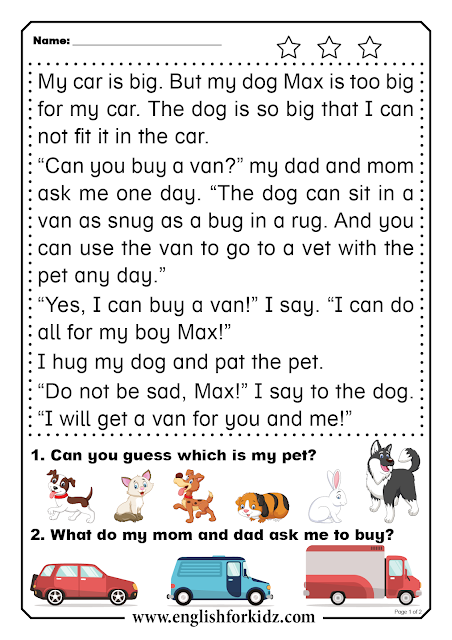 The text is straightforward and uses a general vocabulary and standard, high-frequency grammatical structures.
The text is straightforward and uses a general vocabulary and standard, high-frequency grammatical structures.
INTERMEDIATE LEVEL
Readers at the intermediate level understand the information contained in simple, predictable texts that do not differ in complex structure. They rely heavily on contextual cues. The most easily understood information is text that is familiar in format, such as the weather forecast or announcements related to everyday topics.
Intermediate readers understand texts containing basic information such as those found in notes, announcements - both those appearing in print and on the pages of online announcements and forums. Such texts are simple and have a predictable presentation model. The discourse of such texts has a minimally coherent character and is mainly organized in the form of separate sentences and their chains, containing mainly frequently used words.
Readers at this level most correctly grasp the meaning of texts that are simple in content and form and do not contain ambiguities.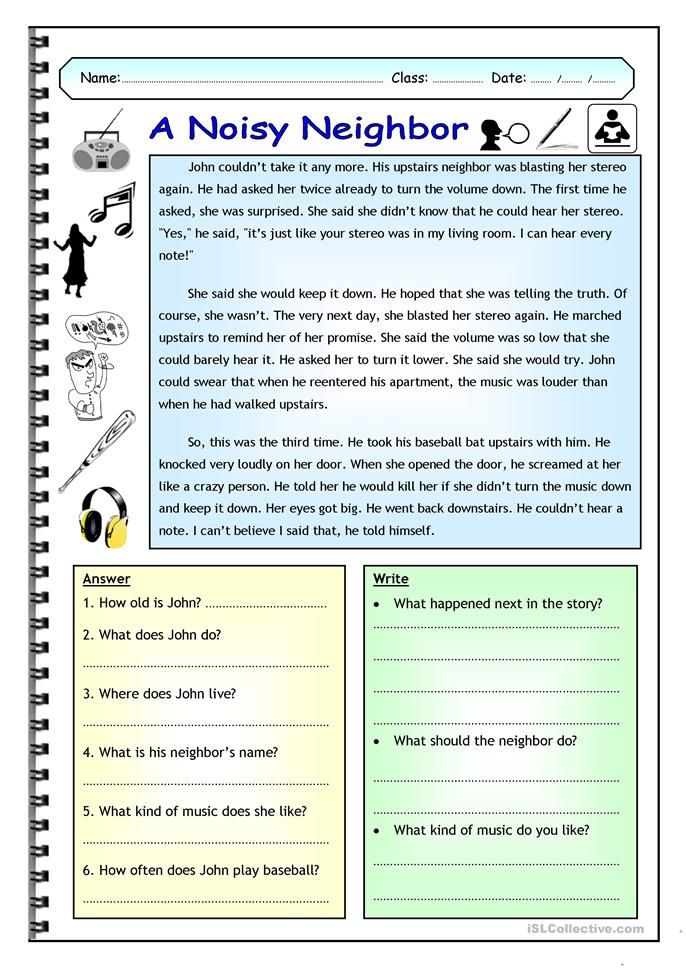 They understand messages in familiar, everyday contexts. Readers at the intermediate level sometimes do not fully understand texts or materials abounding in details, for the understanding of which it is important to know the language structures expressing species-temporal relations and chronology.
They understand messages in familiar, everyday contexts. Readers at the intermediate level sometimes do not fully understand texts or materials abounding in details, for the understanding of which it is important to know the language structures expressing species-temporal relations and chronology.
Intermediate High
Intermediate High readers easily and fully understand short, simple texts that provide basic information on everyday topics of personal interest or familiarity. These individuals also understand some coherent texts of a descriptive and narrative nature, although in this case there may be some gaps in understanding due to limited vocabulary, knowledge of syntactic structures and written norms of the language being studied.
Intermediate Intermediate
Intermediate Intermediate readers understand short, simple texts that provide basic information on everyday topics of personal interest or familiarity, although misunderstandings may occur in some cases.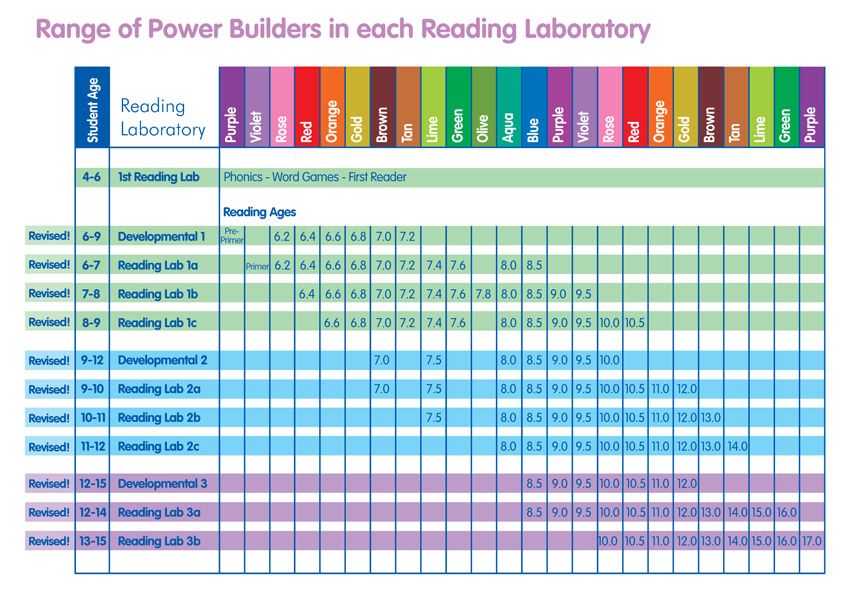 These individuals are able to extract some information from short connected texts containing narratives or descriptions on familiar topics.
These individuals are able to extract some information from short connected texts containing narratives or descriptions on familiar topics.
Intermediate entry level
Readers at the intermediate initial sublevel understand some information in the simplest coherent texts that deal with a limited range of personal and daily needs, although there may be frequent cases of misunderstanding. Readers at this level will have difficulty understanding coherent texts of any length.
-
Rationale for Rating
This passage is accessible to the Intermediate-level reader since it is a simple, loosely connected text found in an expanded TV guide as a description of a program. There are numerous cognates (program, comedy, humor, actors, situations, anecdotic, grotesque), and a list of names of six famous personalities, referring to the title “6 Frames,” helping the Intermediate-level reader understand the basic information conveyed – that the program has something to do with these 6 people playing out comedic situations.
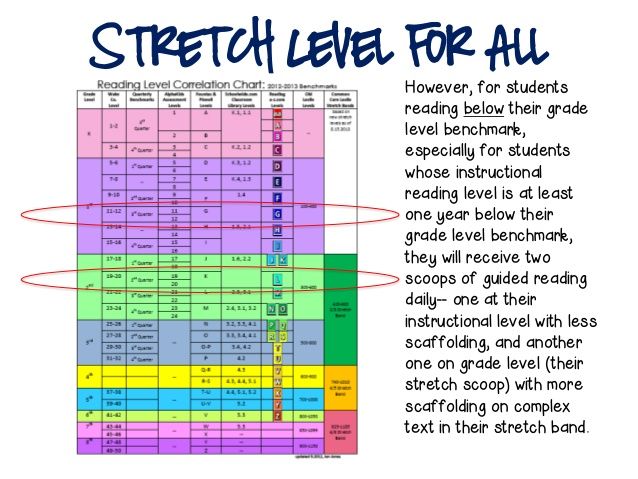
BASIC
Basic readers understand single key words, lexical cognates, and typical and highly contextualized set phrases.
A limited amount of information is available to readers at this level in texts whose content is easily predictable in their format and familiar context, such as a hotel bill, a credit card bill, or a weather report. Readers at this level rely heavily on their background knowledge and extralinguistic support (for example, illustrations of a weather report or credit card bill format) to extract information.
Basic readers understand text best when they can anticipate the information it contains. At this level, understanding becomes possible due to the recognition of key words, lexical cognates, and phrases typical for a particular context.
Basic high
Readers at the basic high sublevel comprehend key words and lexical cognates, as well as typical phrases in various texts closely related to the context, with relative ease and completeness.